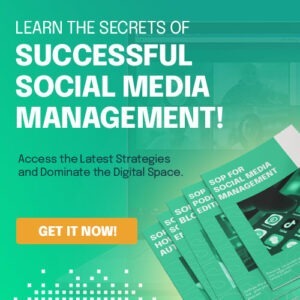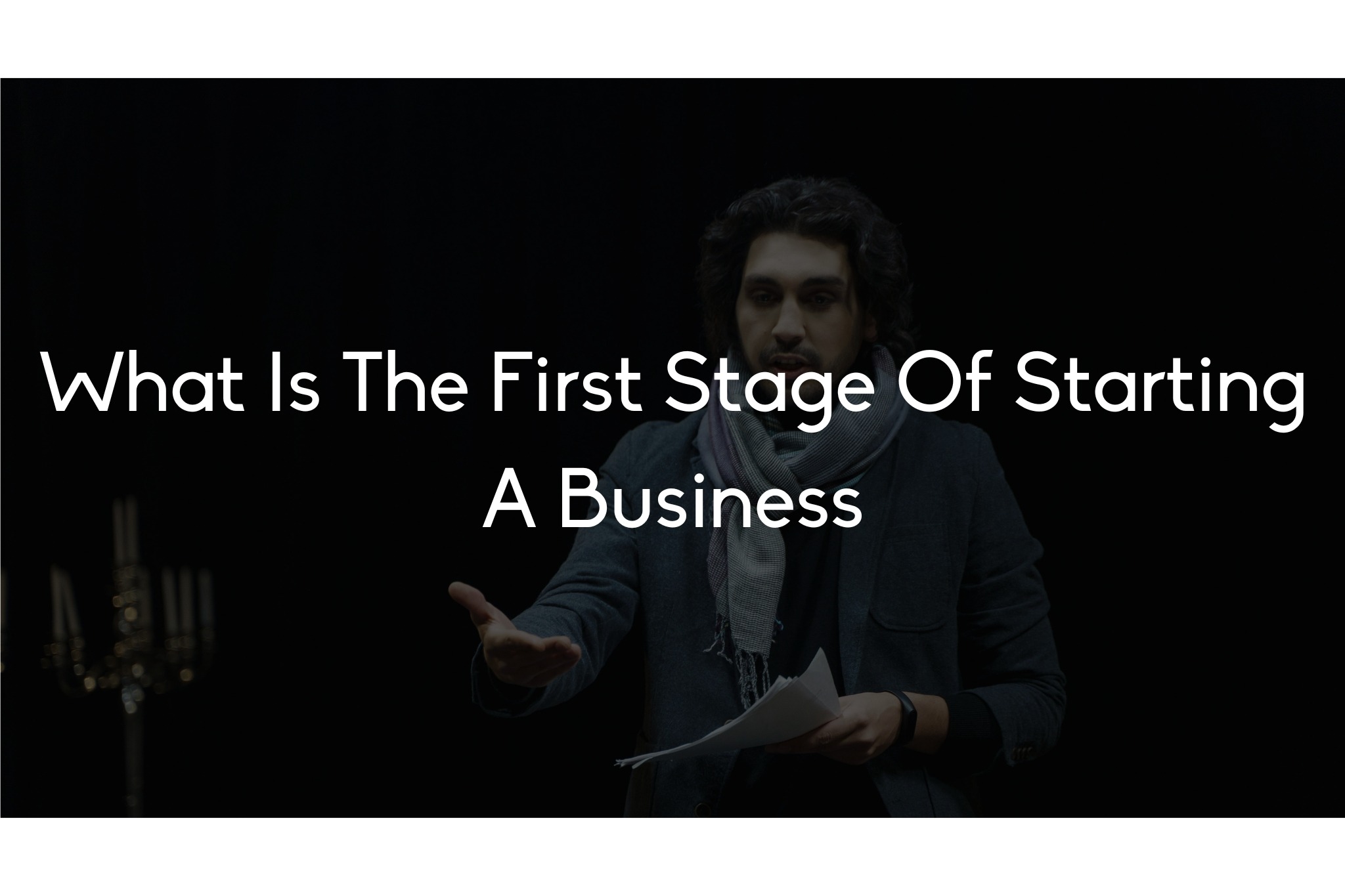
Ever felt like marketing is a bit of a maze? You’ve got all these terms flying around, like direct marketing and event marketing, and it can get pretty confusing. But don’t worry, we’re about to untangle these threads and show you how these two marketing strategies can power up your business game.
So, what exactly are direct marketing and event marketing? Direct marketing is all about reaching out to your audience straight up—no middlemen, no detours. It’s personal, it’s direct, and it’s designed to get a response. Event marketing, on the other hand, is about creating experiences that engage your audience. Think of it as throwing a party for your brand where your potential customers can get to know you better.
Now that we’ve got the basics down, let’s dive deeper. How do these strategies work? What makes them tick? And most importantly, how can you use them to grow your business? Buckle up, because we’re about to take a fun and informative ride through the world of direct and event marketing.
The Nitty-Gritty of Direct Marketing
Direct marketing is like having a conversation with your customer over coffee. It’s personal, targeted, and aims for immediate engagement. Here’s what makes it so effective:
- Personalization: You’re speaking directly to your customer, often using their name and addressing their specific needs.
- Targeted Audience: You’re reaching out to people who are already interested in what you’re offering. This could be through email lists, direct mail, or even personalized social media ads.
- Clear Call-to-Action: Every piece of direct marketing has a clear purpose—whether it’s to make a purchase, sign up for a newsletter, or download a freebie.
Direct marketing tools include emails, postcards, SMS campaigns, and even phone calls. The key is to make each interaction feel personal and relevant to the recipient.
The Magic of Event Marketing
Event marketing is about creating memorable experiences that connect your brand with your audience. Think of it as hosting a fantastic party where everyone leaves talking about how awesome you are. Here’s how it works:
- Engagement: Events are immersive. Whether it’s a product launch, a webinar, or a community gathering, people are fully engaged with your brand.
- Experience: You’re not just selling a product; you’re offering an experience. This helps build a stronger emotional connection with your audience.
- Networking: Events provide a platform for you to meet and interact with your customers and for them to meet each other. This builds a sense of community around your brand.
Events can range from large-scale conferences and trade shows to more intimate gatherings like workshops or meet-and-greets. The goal is to create a buzz and leave a lasting impression.
Why Direct and Event Marketing Matter
In the grand scheme of things, both direct and event marketing play crucial roles in building and sustaining customer relationships. They complement each other beautifully:
- Direct Marketing: Ideal for keeping in touch with your audience regularly, providing updates, and driving sales.
- Event Marketing: Perfect for creating hype, launching new products, and fostering a deeper connection with your audience.
When used together, these strategies can create a powerful marketing synergy. Direct marketing keeps your brand in your customers’ minds, while event marketing provides those unforgettable experiences that turn customers into loyal fans.

Getting Started with Direct Marketing
Ready to dive into direct marketing? Here’s a quick-start guide to get you going:
- Define Your Audience: Know who you’re talking to. Segment your audience based on demographics, interests, and behaviors.
- Craft Your Message: Make it personal and relevant. Use the customer’s name, address their pain points, and offer a clear solution.
- Choose Your Channels: Decide how you’ll reach out—email, direct mail, SMS, social media ads, or a mix of these.
- Create a Call-to-Action: Make it easy for the customer to take the next step. Whether it’s clicking a link, making a call, or visiting a store, the action should be clear and compelling.
- Track and Optimize: Measure the results of your campaign and tweak it as needed. Look at open rates, click-through rates, and conversion rates to see what’s working and what’s not.
Planning an Unforgettable Event Marketing Campaign
Creating a memorable event doesn’t have to be daunting. Here’s how to plan an event that leaves a lasting impression:
- Set Clear Goals: Know what you want to achieve. Is it brand awareness, lead generation, or product promotion?
- Know Your Audience: Tailor the event to your audience’s interests and needs. The more relevant the event, the more engaged your attendees will be.
- Choose the Right Venue: The venue sets the tone for your event. Whether it’s a conference hall, a cozy café, or an online platform, make sure it aligns with your brand and audience.
- Promote Like Crazy: Use all your channels—social media, email, your website—to get the word out. Create buzz and anticipation.
- Engage During the Event: Make sure your attendees are engaged throughout. Interactive sessions, Q&As, and networking opportunities can keep the energy high.
- Follow Up: Don’t let the connection end when the event does. Follow up with attendees, thank them for coming, and provide any promised resources or next steps.
Measuring Success: Direct vs. Event Marketing
How do you know if your marketing efforts are paying off? Here’s what to look for in each strategy:
- Direct Marketing: Track metrics like open rates, click-through rates, and conversion rates. These will tell you how well your messages are resonating with your audience and driving the desired actions.
- Event Marketing: Measure attendance, engagement levels, and post-event feedback. Look at how many leads you generated, how many new contacts you made, and what the overall sentiment was from attendees.
In both cases, the key is to analyze the data and use it to refine your future campaigns. Marketing is an ongoing process of learning and optimizing.
Conclusion
Direct and event marketing might seem like different beasts, but they share a common goal: building meaningful connections with your audience. By understanding and leveraging the strengths of each, you can create a well-rounded marketing strategy that keeps your brand top-of-mind and fosters lasting loyalty. Ready to give it a shot? Your customers are waiting.

